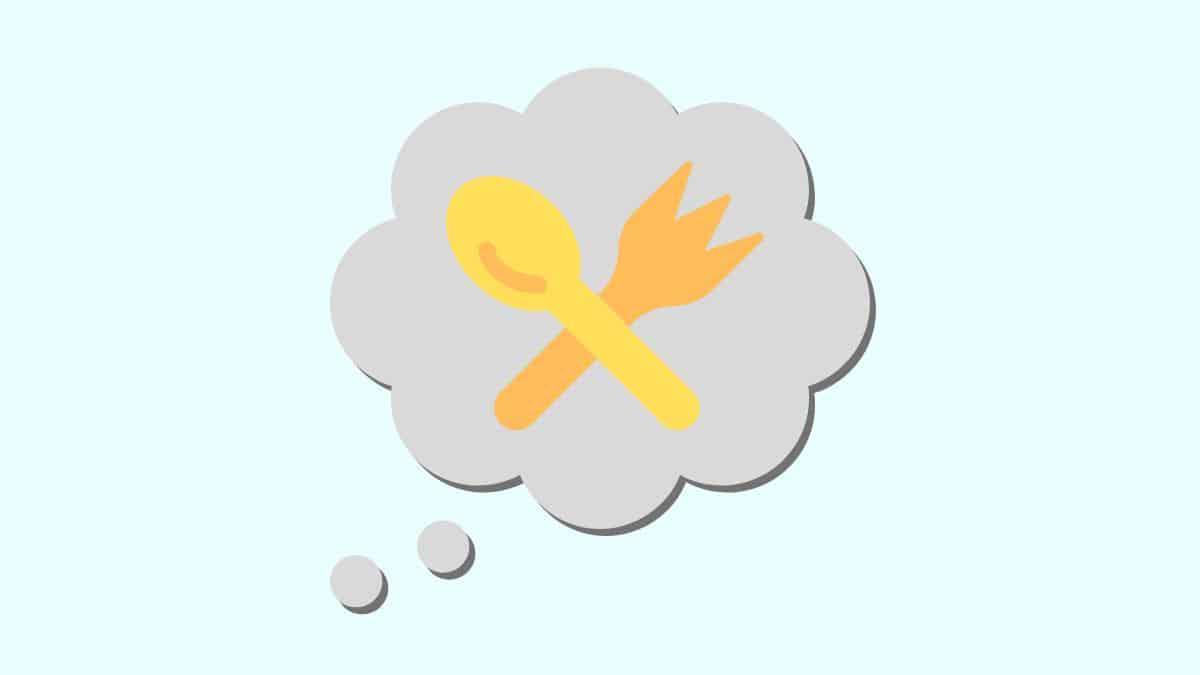Record number of food parcels given by food banks. Our tips will help you find out what to do if you have no food.

£10 BONUS OFFER: Earn easy cash by watching videos, playing games, and entering surveys.
Get a £10 sign up bonus when you join today.
Most people have needed to use food banks in the last year because their income isn’t enough to cover essential costs.
Health problems, issues with benefits, and personal crises like homelessness also drive people to food banks.
In 2023/24, food banks in the Trussell Trust network distributed 3.12 million emergency food parcels, the highest number ever, a 4% increase from the previous year.
The rising cost of living and low incomes are making it hard for many people to afford food.
Last year, over 655,000 people used a food bank for the first time.
Out of these parcels, over 1.14 million were for children and nearly two million for adults.
Here we are, in modern Britain.
We shouldn’t have to rely on food banks in the UK.
Everyone should have enough to live on.
But, here we are.
Changing this isn’t an overnight fix, and if you find yourself without food, it can be a very stressful time.
There are several things you can do to get the help you need.
What to do if you have no food
Visit a food bank
Food banks provide emergency food parcels to those in need.
The Trussell Trust operates over 1,300 food banks across the UK.
To receive help, you will need a referral from a professional such as a doctor, social worker, or Citizens Advice, so .
You can find your closest food bank here.
Use free food apps and sites
Several apps and websites help connect people with free food or very cheap.
Olio is a food sharing app with people in your local community, and Too Good To Go shares cheaper food close to or near its use by from shops, restaurants and cafes.
These platforms allow you to collect surplus food from local businesses or individuals, preventing food waste and helping those in need.
Look for local community fridges
Community fridges are public spaces where surplus food, including food from local businesses and households, is shared with the local community.
You can take what you need for free.
They are becoming more common, so it’s worth checking if there’s one near you.
Check for “kids eat free” offers
Many restaurants and cafes offer “Kids Eat Free” deals, which can help families stretch their budgets.
These deals are generally available during school holidays or certain days of the week, although some of them say you must to have a minimum spend.
Use coupons and vouchers
Coupons and vouchers can help reduce your grocery bills.
Look out for them in newspapers, magazines, and online.
Look at our supermarket coupons offer various discounts that can make a big difference.
Local charities and churches
While Trussell Trust has a massive network across the country, not all food banks are part of it, and there are other sources of emergency food.
Many local charities and churches offer free meals or food parcels.
It’s worth reaching out to them for help.
Government help
Check if you are eligible for any government assistance, such as Universal Credit.
Around £8 billion has yet to be claimed in UC, according to Entitled To, so it’s definitely worth checking if you can get extra financial support.
You can use a benefits calculator to see if you’re missing out on anything.
While the claim can take a while to go through, there can be more immediate financial help.
Ask your local council about the Household Support Fund, which can help with money if you’re struggling to pay for essentials, energy and water bills, and food.





